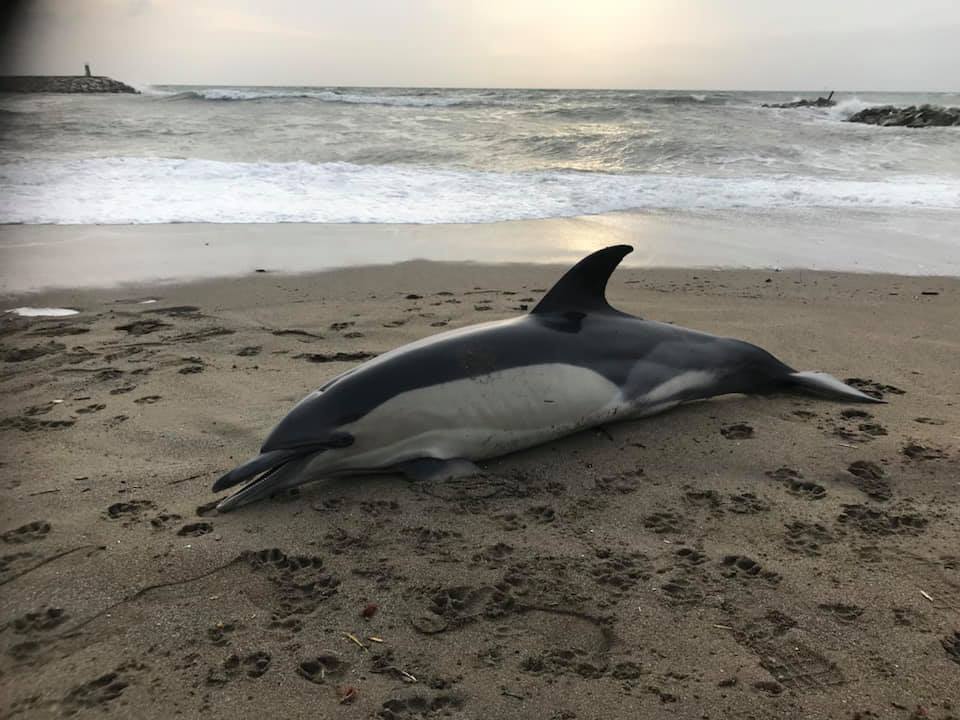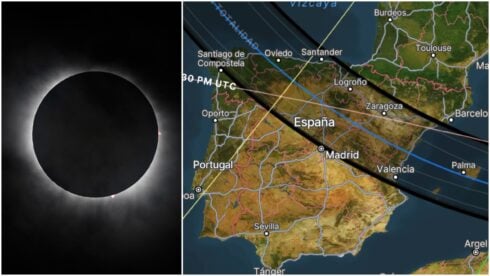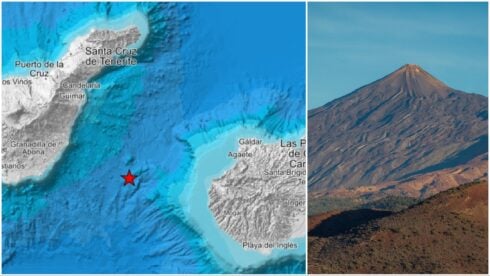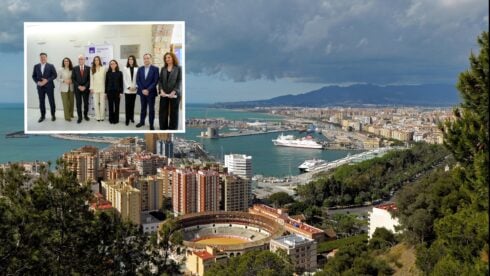THE month of January has turned out to be a dark month for dolphins with a dozen strandings in just four weeks.
The number of dolphins that have appeared dead or dying in the last 30 days have raised red flags with environmental marine experts in Malaga who have opened an investigation into why so many dolphins have washed up on Costa del Sol beaches in January.
Samples from the dead dolphins have been collected for further examination with the aim of determining the cause of death.
The dolphins join a fin whale that washed up in Estepona and a dead loggerhead turtle found elsewhere on the coast in January.
The waters off the coast of Andalucia are home to a large population of whales and dolphins with three species of dolphin commonly found off the coasts of Southern Spain. They are the Common Dolphin, the Striped Dolphin and the larger Bottle-nosed Dolphin.
Many of which are often found stranded on Spain’s southern coastline due to ‘normal circumstances’ as explained by Jose Luis Mons, director of the Centre for the Recovery of Endangered Marine Species (CREMA), however it is believed that the succession of storms, entanglements in fishing nets and parasites may also explain the high mortality rate of the species in recent weeks.
Although it varies, Mons explains that between 40 and 100 specimens can be found stranded per year on Malaga beaches, with large peaks and months in which practically no dolphins wash ashore.
“However, sometimes peaks like this coincide, and we have to sound the alarm,” Mons said.
The expert added that the recent succession of storms in January, in which waves of up to five metres have been recorded, may be behind the macabre marine mystery on the coastline.
“They are mammals that have to come to the surface to breathe. If they are weak, they have to do it more often and with the waves they get tired.” Mons said.
Additionally, pollution ‘always takes its toll’ and is one of the main reasons why these animals become weak, due to the ingestion of plastics, oil and other chemical spills into the sea.
The strandings have been widely distributed along the Costa del Sol, specifically in the holiday hotspots of Estepona, Malaga, Torremolinos, Marbella and Nerja.
READ MORE:
- Massive whale beaches itself in Estepona in the south of Spain
- Ingestion of plastics possible cause of death of whale washed up in Spain’s Estepona, expert says
Click here to read more Malaga News from The Olive Press.








